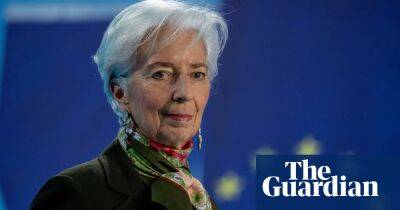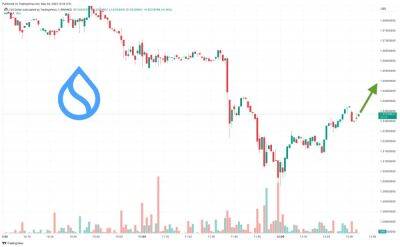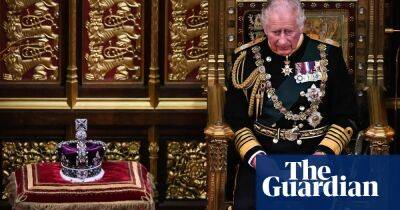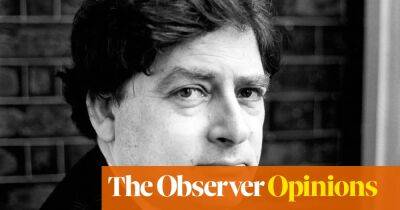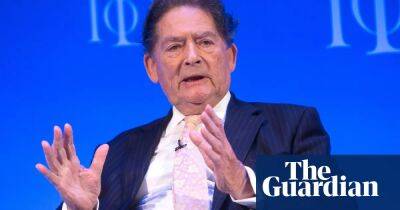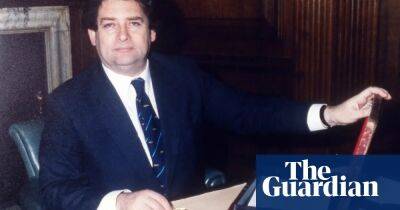A committed unbeliever: Nigel Lawson left the Tory party a complex, divisive legacy
I n death this week at the age of 91, Nigel Lawson has been saluted by all wings of the Conservative party as a prophetic thinker and Tory exemplar for our times. Rishi Sunak led the way in this response, posting a photograph of himself as chancellor that showed one of his own first actions in the Treasury was to hang a portrait of Lawson on his wall.
There can be no disputing that, between 1983 and 1989, Lawson was an immensely significant and consequential Tory chancellor. Nor that, at his peak, he was one of the most influential ministerial figures of the Margaret Thatcher decade. He then wrote the most important memoir by any senior figure of those years. But it is a big mistake, and a destructively common one in the modern Tory party, to see him as a changeless icon for today.
The Lawson of the 1980s possessed an allure that is rare among major politicians of any era. Time spent with Lawson back then was never wasted. By political standards, he was a big and serious thinker. He was kind, too. I remember a group of Westminster journalists agreeing that in the unlikely event that we were ever compelled to spend a summer holiday with a member of the Thatcher cabinet, our unanimous choice would be Lawson.
Yet Lawson’s legacy for the Britain and for the Tory party of the 2020s is double-edged. Carefully handled, aspects of his radicalism still have relevance and meaning today that cannot be dismissed. Other aspects are anachronistic and full of danger, especially if they are regarded as dogma.
Lawson was the chancellor who did more than anyone else to create the economic model that Britain still lives with today. Alongside Thatcher, and after Geoffrey Howe, he was the arch-tax-cutter, the arch-privatiser and the
Read more on theguardian.com


